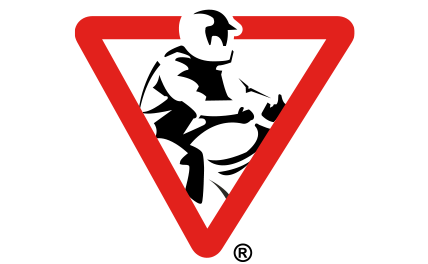By Cathy Rimm
Motorcycle Safety Foundation Manager, National Quality Assurance and National & Military Motorcycle Safety Support, and RiderCoach Trainer
My journey to an unexpected career in rider education began with a motorcycle crash. In the mid-’90s, I was married with two small boys and, along with my husband, co-owned a successful seafood wholesale business in mid-coast Maine. We enjoyed snowmobiling, riding ATVs, and getting out on the lake on our Jet Skis, so adding motorcycling to our list of fun things to do was a natural next step. My husband, who had some riding experience, decided to purchase a Harley-Davidson Road King. While at the dealership, he spotted a Heritage Softail for sale that we decided we should get so I would have my own motorcycle. Next I had to learn to ride it!
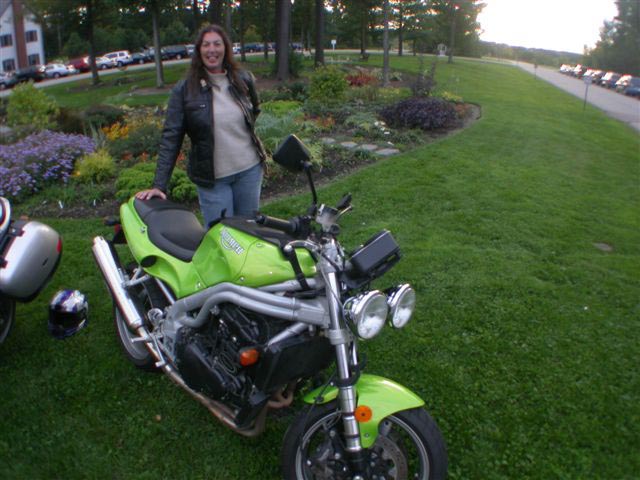
In those days in Maine, you had the option of taking an eight-hour classroom course for your permit or taking the 20-hour Motorcycle Safety Foundation course and also getting a permit. In either case, an on-road test had to be passed to earn the motorcycle endorsement on your license. I opted for the eight-hour permit course, thinking my experience with other powersports vehicles was a good background and that my husband could teach me the motorcycle-specific basics. That’s when I learned the hard way that a large, heavy motorcycle was not a good choice for a first ride and that someone who wasn’t trained to teach might not know how to pass on some critical skills. After 10 or so miles into my first ride, I tried to negotiate a turn, went wide and crashed. I ended up with two black eyes, a bunch of stitches, and a night in the hospital.
I was still determined to learn to ride so I decided to sign up for an MSF course that was being held nearby. I was surprised to discover that several of the other students in my class were women and that the motorcycles were small and easy to manage. I learned a lot, passed the class, and next needed to get some riding experience so I could pass the state road test on my own motorcycle. At the end of the class, the instructors asked for volunteers to help out the motorcycle program which was operated as a non-profit by the motorcycle rights organization in the state. Thinking this would be a great opportunity to reinforce what I had already learned, I put my hand up. I ended up becoming a range aide and helped the program out many weekends that summer. In the fall, I took and passed my state road test.
Over the next couple of years, my husband and I would take our boys on short rides, went on some motorcycle camping trips, and joined group rides and toy runs. When possible, I would spend my days off riding the many miles of roads along the mid-coast Maine peninsulas with one of my riding friends. I also continued to volunteer as a range aide for the motorcycle program.
One of my favorite motorcycling memories from my early riding years is the day I took my oldest son to school. I still had the Harley at that time. We rode up to the school and parked near the playground. Hearing the bike, a bunch of boys came running up to the fence and one yelled out, “Wow! We didn’t know moms could ride Harleys!”
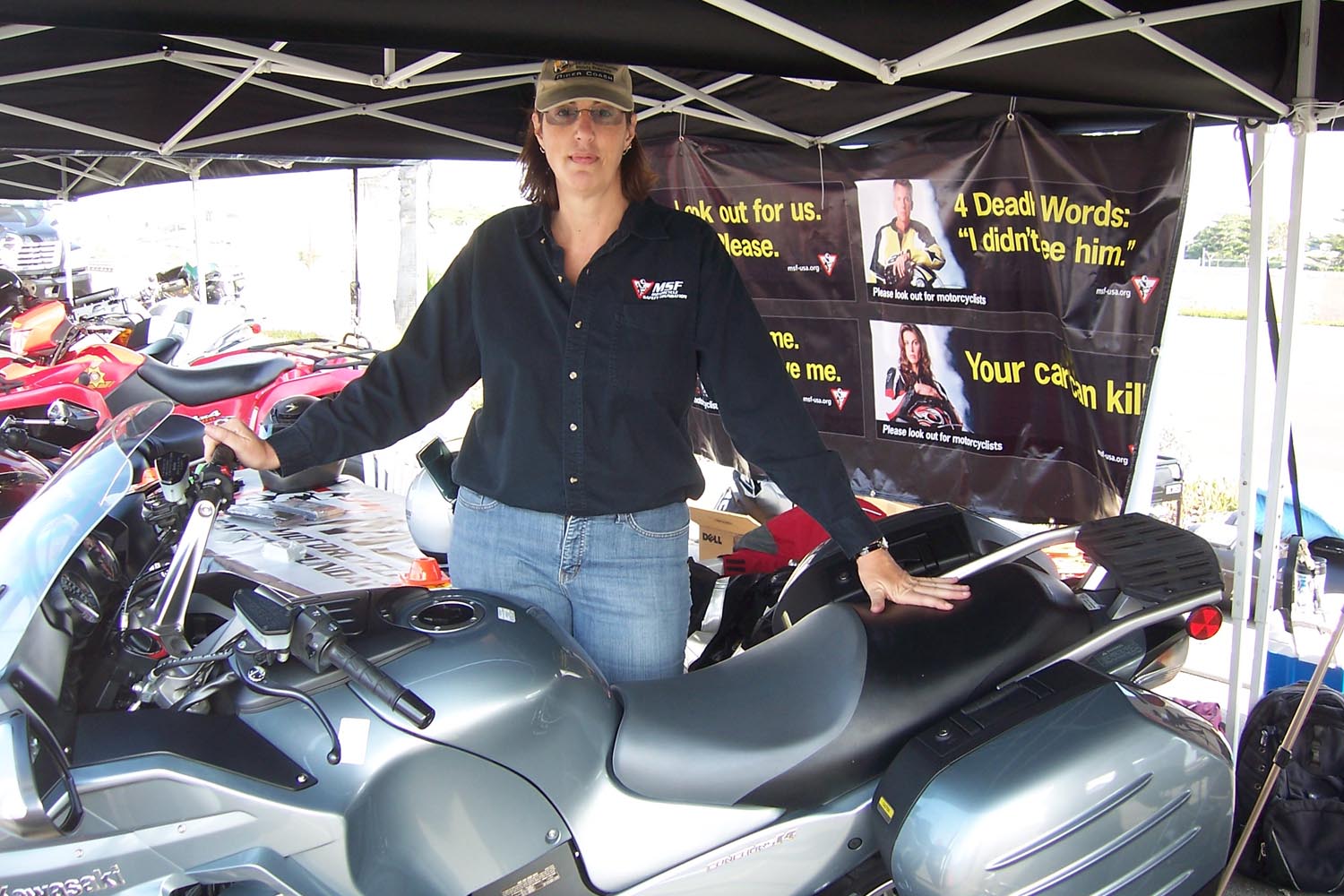
Before long, the instructors in the program were encouraging me to become an instructor myself. For that to happen, by Maine law, I had to wait until I had been a licensed motorcyclist for four years. I also had to find an Instructor Preparation Workshop to attend since none were available in Maine.
Over the next few years, my marriage ended, which meant my job also ended. But Maine’s motorcycle program needed a new administrator, and legislation was pending to allow a license waiver for students who passed the MSF course. Also, a chief instructor had moved to Maine. Now it would be possible to attend an MSF Instructor Preparation Workshop without traveling out of the state. And because I enjoyed motorcycling so much, I also decided to apply for the program administrator position.
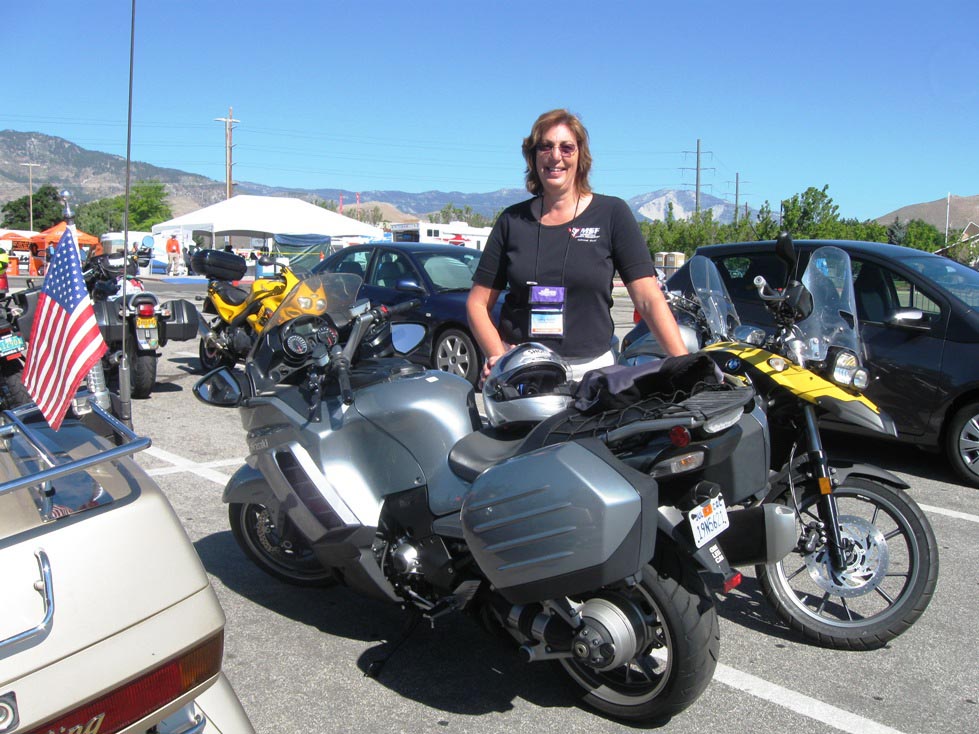
In 1999, I got the program administrator position and passed the Instructor Preparation Workshop. I was now the first female MSF Instructor in Maine. In addition, the license waiver legislation scheduled for that September was passed in an earlier session, which meant that the students graduating from my Instructor Workshop were the first in the state to earn their endorsement from the MSF course! While managing the program, I worked with about a dozen instructors to teach classes at 10 or so different ranges. This gave me the opportunity to ride my new Triumph Speed Triple all over the state of Maine.
The next step in my journey was to attend an MSF Learning Center in 2002 so I could learn the process to update the Maine instructors on the recently released MSF Basic RiderCourse. I met several MSF staff at that event, and the following year I was offered the opportunity to attend a RiderCoach Trainer Preparation Course where I would learn to train motorcyclists to become RiderCoaches. I was successful, which meant I had just become the first female MSF RiderCoach Trainer in Maine. Then, in 2005, I was asked if I would be interested in applying for a job at the MSF. With the encouragement of family, friends, and my fellow RiderCoaches, I decided to apply and was offered the job!
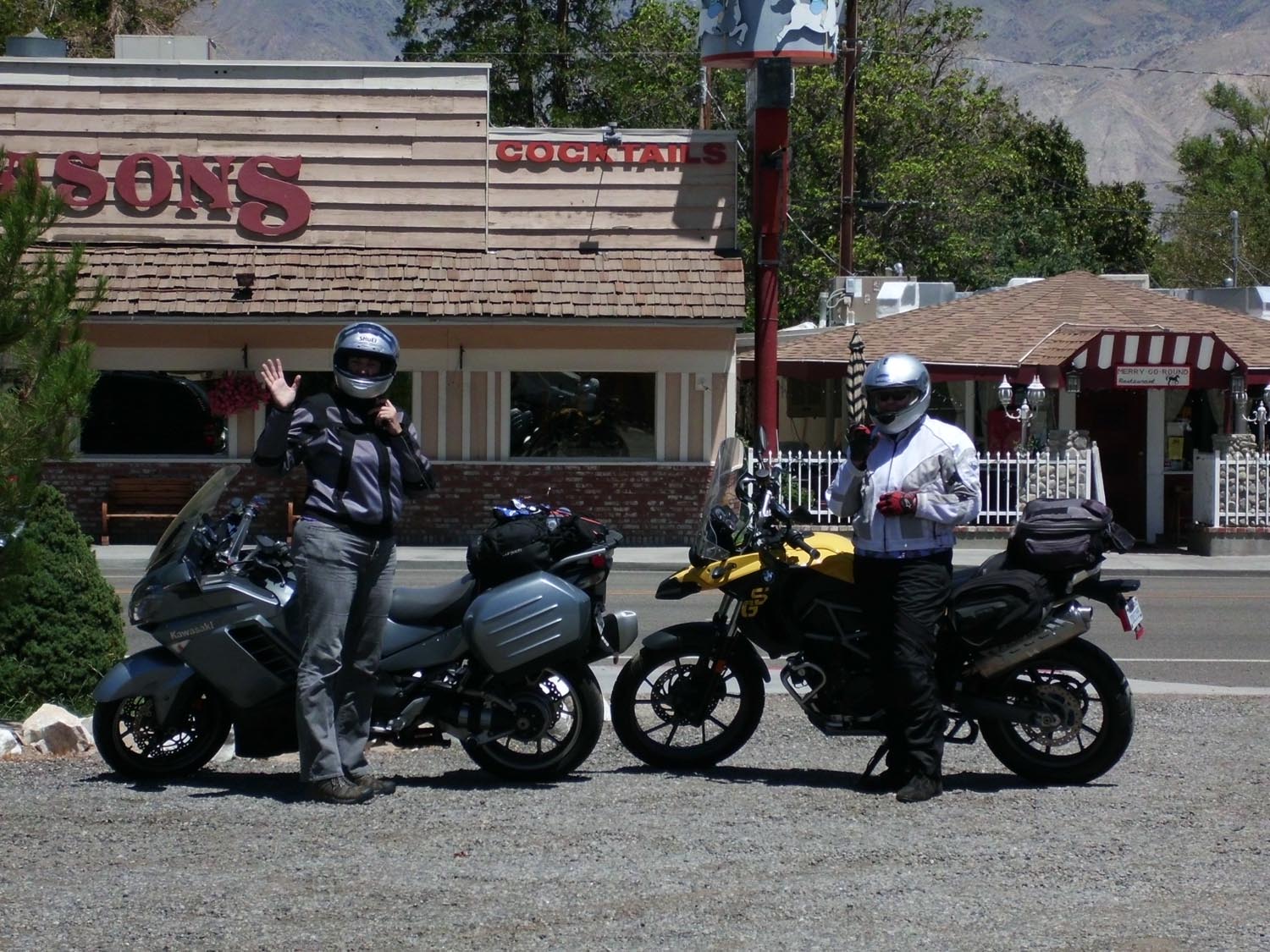
Taking the job meant moving to Southern California, where I served as MSF’s National Quality Assurance Manager, National & Military Motorcycle Safety Support Manager, and RiderCoach Trainer. In those roles I have worked with RiderCoaches, RiderCoach Trainers, and Program Managers all over the world. Living in California meant learning to ride the canyon roads and the freeways, being able to ride year round, and sometimes riding to conferences in other states. For eleven of my years in California, my only transportation was my motorcycles, the Speed Triple and a Kawasaki Concours.
These days, I am able to work remotely from Maine so my rider education career that started in Maine has come full circle back to my home state. I’ve been very fortunate to end up with what I think is the best job there is, as well as being a part of MSF’s history.

